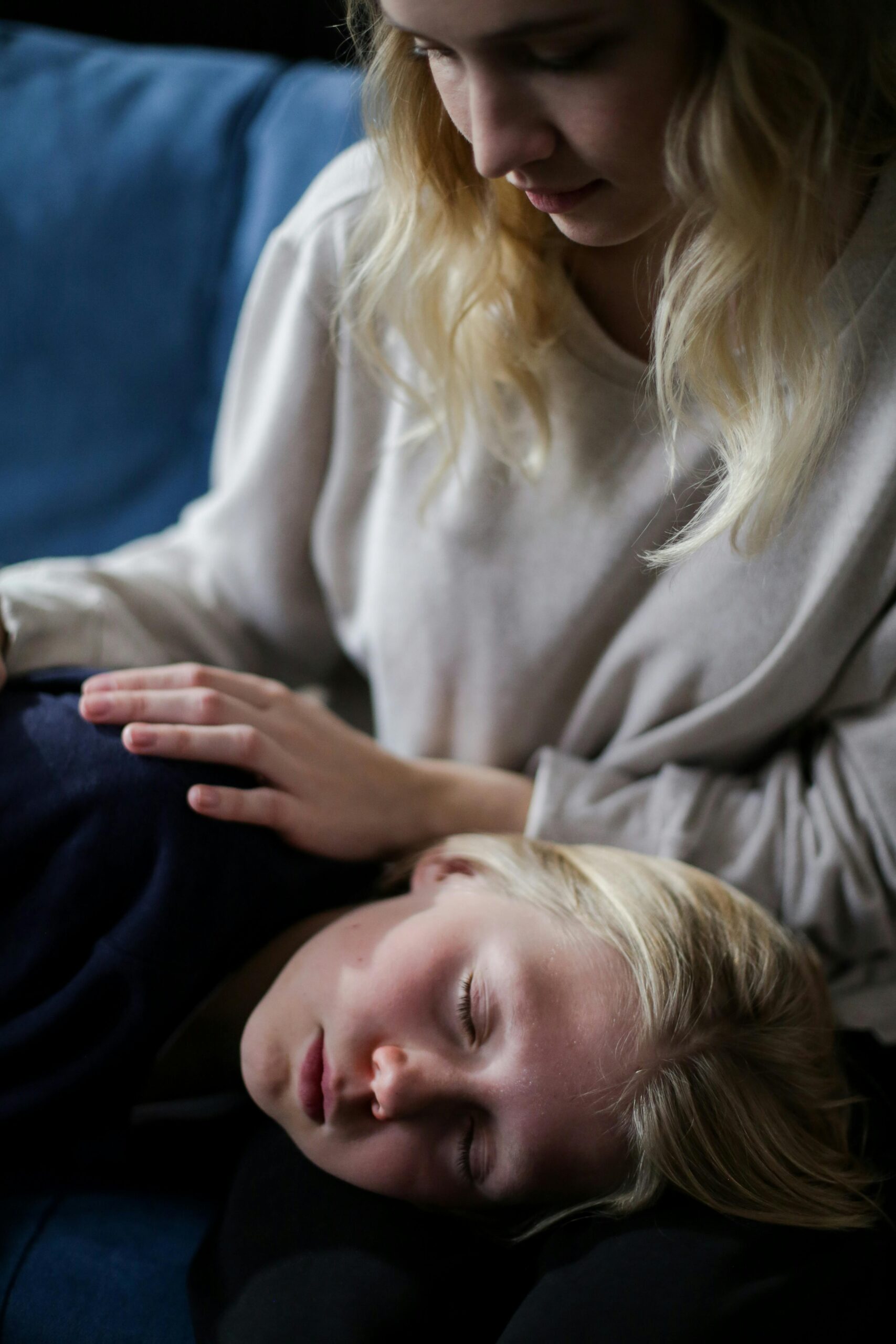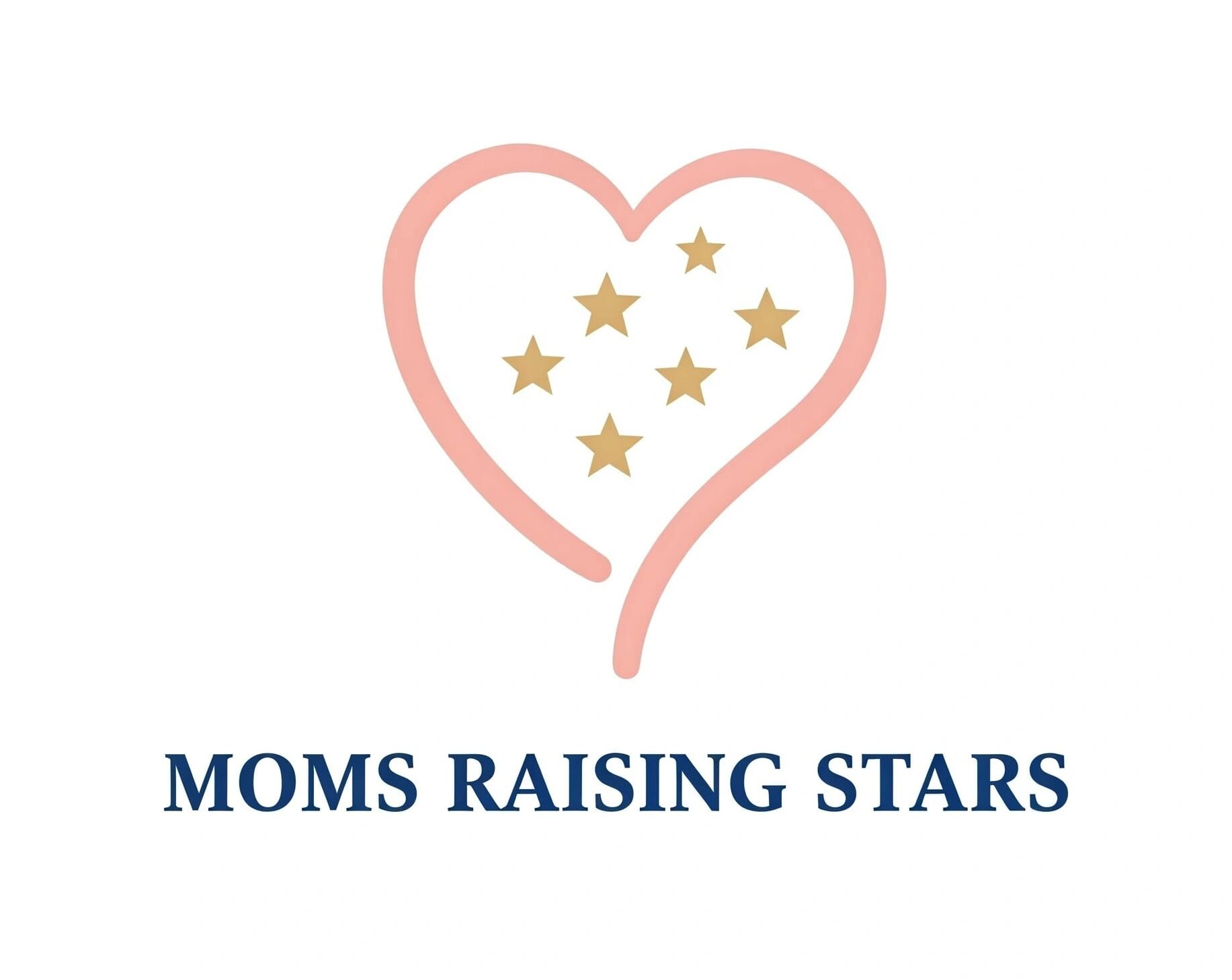However, after turning three, Kai started to regress. He screamed a lot when we took him out and refused to have his hair and nails cut. Even today, I can only trim his hair and nails while he is asleep. (I take pride in my ability to cut hair nicely in dim light!) He also stopped wanting to brush his teeth, and I am still trying to encourage him. He disliked wearing clothes at home for the next few years
Around September 2022, Kai was referred to KK Hospital to see a child development specialist and an ear specialist to check his hearing. In early 2023, my husband and I attempted to bring him to speech and occupational therapy, but Kai would only scream in the therapy rooms, so we eventually gave up. A survey form filled out by his N2 teacher and submitted to KK Hospital revealed that Kai did not participate in class 80% of the time. My heart broke upon reading that. In the back of my mind, I already suspected that Kai had signs of autism.
During the second half of his K1 year, Kai started to socialize with a few classmates. I felt hopeful as he showed some progress in speech. We were also waiting for a place in EIPIC and remained positive that Kai would eventually catch up in his development.
By early 2024, I had planned to stop working to prepare Kai for Primary One (2025). However, one Monday night, Kai had a convulsion after dinner. He wet himself and lost consciousness for a short while. When he regained awareness, he was active and cheerful as usual. I showered him, preparing him for bed, but a quick search on my phone told me that anyone experiencing a seizure for the first time should visit the A&E immediately.
My husband and I rushed to KK Hospital with Kai in a cab. At that time, I was unaware of the priority status for "post-fit" patients. When I saw the waiting time was at least five hours, we decided to go to Mount Alvernia Hospital instead. The doctor there suggested that Kai might have had a febrile seizure as he was recovering from Hand, Foot, and Mouth Disease. We went home with the plan to bring Kai to a nearby pediatrician the next day.
Our nightmare began that day. At the pediatrician's clinic, Kai had a drop attack (atonic seizure). The pediatrician immediately advised my husband to admit him to NUH for observation. Upon receiving the message, I dropped everything at work and rushed to NUH. I never returned to work after that day.
Kai had another drop attack in the A&E observation area. Over the next few days, we witnessed more absence seizures along with atonic seizures. I broke down when he had to be physically restrained for blood tests because he resisted so strongly. I broke down again when he had to be forced to take medication and have an IV plug inserted.
I never fully recovered from that emotional breakdown, and then the devastating diagnosis came: Lennox-Gastaut Syndrome, a rare and severe epilepsy condition. Our neurologist issued a memo stating that Kai required a full-time caregiver and was not fit for school. I withdrew him from his childcare center to care for him 24/7.
The next six months were overwhelming: adjusting medication doses, dealing with daily seizures, managing incontinence, preventing injuries from seizure-induced falls, and handling his aggression and confusion. I suffered many attacks from Kai—scratches, bites, and objects thrown at me. I could probably write several chapters on those six months, but I am keeping this story concise for readability.
In just one to two months, I fell into depression. I had dark thoughts that I never shared with anyone. Kai was prescribed Risperidone to reduce his aggression. If my mind had been weaker, I might have taken some of his Risperidone without a doctor's advice—or done something worse.
Kai missed four months of early intervention. Getting him back into class was a real challenge, and I am deeply grateful to his EIPIC teachers. One day, Kai had about 12 atonic seizures within 45 minutes. The kind manager at EIPIC accompanied me in a cab to NUH. We did not take an ambulance because it would have taken us to KK Hospital, but Kai’s neurologist is at NUH. The manager stayed with us until my husband arrived. Besides that incident, we had two other A&E visits after his hospitalization. In one episode, I successfully administered rectal Diazepam which is a rescue medicine when there are 3 convulsions (tonic clonic seizures) in 24 hours. But when Kai remained unconscious longer than expected and his breathing slowed. I feared I was going to lose my son and called the ambulance.
Besides the three types of seizures mentioned—tonic-clonic seizures, absence seizures, and atonic seizures—Kai also experienced myoclonic seizures, which caused his facial muscles to twitch. Additionally, he had a few episodes of laughing seizures (gelastic seizures). Since it is normal for young children to laugh happily, I wouldn’t have recognized Kai’s episodes as seizures if I hadn’t read about them in an epilepsy support group I am part of.
It took six months before his epilepsy was better controlled with medication, allowing Kai to gradually regain some semblance of a "normal life"—playing like most children do.
One day, I asked Kai if he wanted to return to preschool. Now that he can verbalize better, he told me that there were too many people and that it was too noisy. I believe Kai is sensitive to sounds due to his autism. He cannot read or write like other children his age, nor does he show interest in academics.
Instead, Kai spends a lot of time outdoors, playing and exploring. I teach him in real-life situations—helping him understand symbols, read LRT maps, and learn appropriate social behaviors.
Recently, Kai underwent an IQ assessment at EIPIC, and we are now in the process of applying for a SPED school for him next year. While I was initially shocked and somewhat disappointed with his IQ results, I am relieved that our first-choice school is not far from home. After receiving the report, I emailed NUH, requesting an earlier appointment with Kai’s neurologist to seek advice on school placement.
We still have about nine months before 2025 ends. I hope that Kai will continue developing with EIPIC. He is not receiving additional therapies as we are living on a single income. Instead, I bring him to indoor playgrounds with unlimited playtime so that he can interact with other children.
As for academics, Kai resists structured learning. I have to incorporate teaching into real-life experiences, hoping that one day he will develop an interest in learning—at least enough to acquire the literacy skills needed for daily life. Beyond literacy, there are so many other life skills to learn!
I am very thankful to find a few support groups in our Special Journey. I am grateful to Kai’s teachers and therapists at his EIPIC, as well as his neurologist. It’s going to be a long journey, but I hope to remain a strong mother for Kai!


